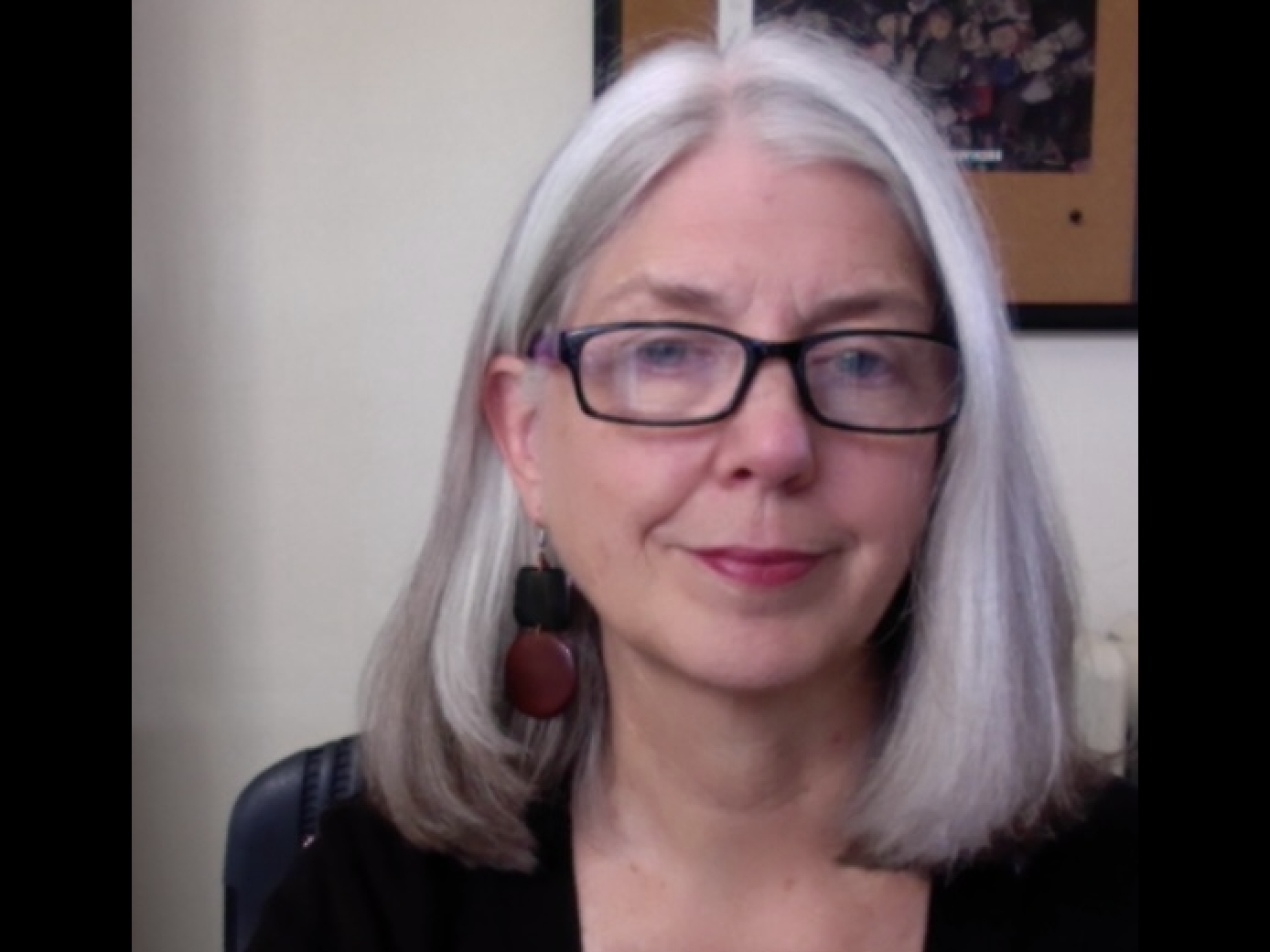Connecting Classroom to Career: An Applied Humanities Design Workshop
October 22, 2025

Start time: 4:00 p.m.
End time: 6:00 p.m
Location: TBD
Join us for a workshop with Teresa Mangum, Professor Emerita at the University of Iowa.
Description
Why career education? Drawing upon the National Humanities Alliance’s excellent work on public scholarship and the nation-wide move to develop humanities graduate education for careers beyond academia, this workshop addresses undergraduate education. In Teresa Mangum’s University of Iowa undergraduate course, “Working for Social Justice,” students used practices they were learning in humanities courses—close-reading, interpretation, analysis, meaning-making, writing, aesthetic design, research, imagining diverse points of view, and collaboration—to engage in a thoughtful, hopeful process of envisioning and pursuing careers. First, this workshop will provide a quick survey of successful humanities career preparation programs across the country. Then, Teresa will take participants through a (speeded up) design process—identifying the career education problem you want to solve, considering approaches, mocking up a design, and getting feedback from the group.
The major goal of the workshop is to help participants use the very methods and matter of the humanities to prepare students to make more concrete and more hopeful connections between their studies and their futures. The premises of the workshop are that, first, career education can send students to their humanities courses with a much clearer sense of purpose. Second, career education can help students make their most of their time on campus by seeking out learning opportunities outside the classroom that enrich both their understanding of “work” and their engagement with the humanities.
Process and Outcomes
Participants can follow one of two design pathways in the workshop:
- On your own—an individual participant can focus on re-working class you regularly teach, building in career awareness and preparation by redesigning one or more assignments.
- A small group from a department or from across several humanities departments can use the workshop to design and build the scaffolding for a stand-alone course, for example, a course focused on ways “to make the most of the career building potential of your humanities courses and major during your time at VCU.”
About the Speaker
Teresa Mangum is Professor Emerita at the University of Iowa, where she was Professor in the Departments of Gender, Women’s, and Sexuality Studies and English, and served as Director of the Obermann Center for Advanced Studies for fourteen years.. Mangum’s research interests include best practices in publicly-engaged scholarship and collaboration, 19th-century novels, age studies, and representations of humans’ relationships with other species. She recently directed a Mellon-funded initiative, Humanities for the Public Good, which helped faculty, staff, and graduate students redesign graduate programs in the humanities to prepare students for careers in diverse cultural spaces. With public historian Anne Valk, she co-edits the book series Humanities and Public Life for the University of Iowa Press. She continues to consult with faculty nationally about ways to weave public scholarship and career preparation into humanities programs, and serves on the boards of two community organizations, 5224GOOD and the Friends of the Iowa City Public Library.